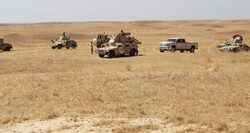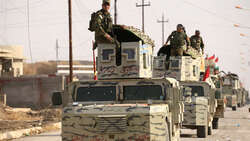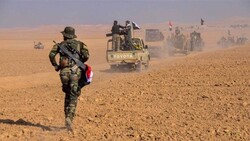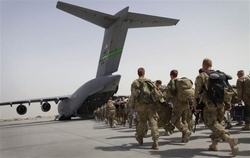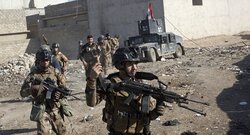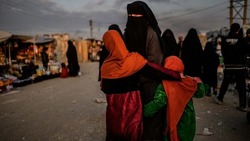Families in anguish: Forcibly disappeared or Martyrs?
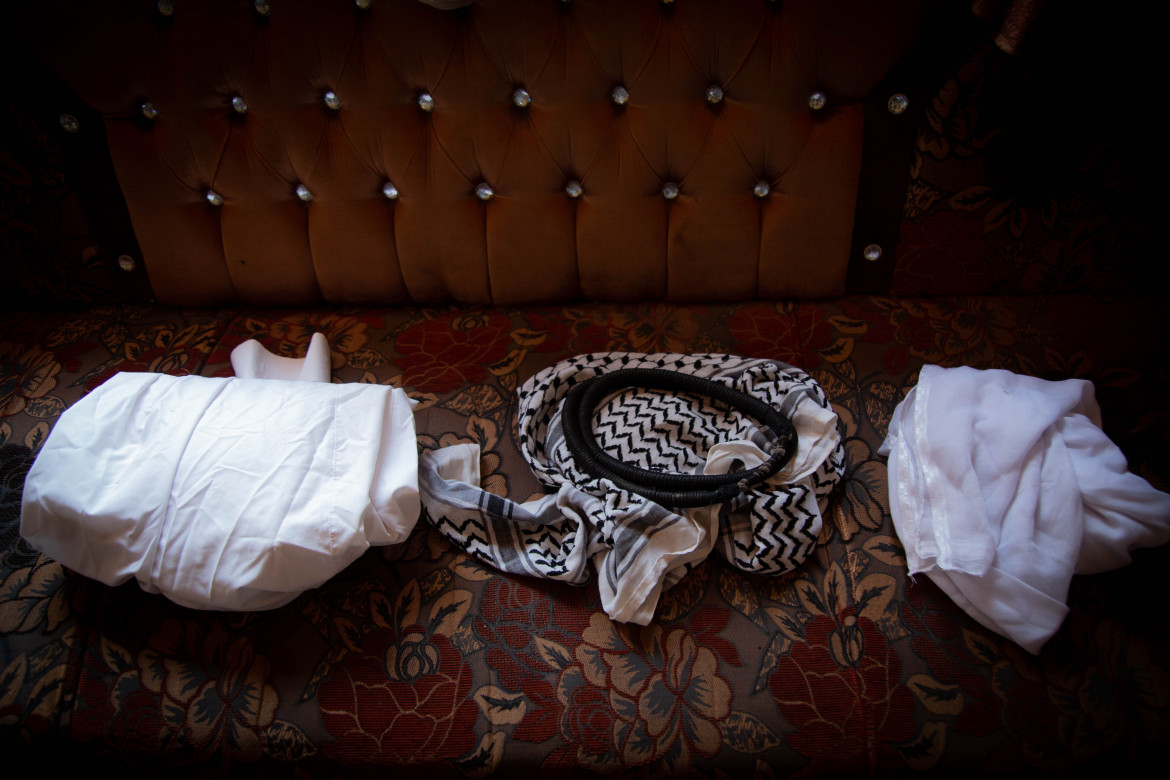
Shafaq News / The relatives of the forcibly disappeared persons kept repeating, "We want our children, not money" since the Iraqi parliament approved the country's fiscal budget this year.
A provision in the budget voted by the Iraqi parliament last week monitored the "martyrs' allowance" for those who disappeared with no trace in Iraq.
The provision spread panic among the disappeared persons' relatives. They started to wonder about their lost ones' fate, whether they had already died years after losing track. Most of them disappeared during the war between Iraqi forces and ISIS militants between 2014 and 2017.
"The decision to include the families of the disappeared persons in the martyrs' allowances - despite their dire need- has alarmed them enough to start demanding the fate of their children be revealed. Many of these families began wondering if the decision meant those who disappeared became martyrs of the war. The council of Representatives had to take into account the feelings of these families and include them in any other provision", civil activist Kawthar Al-Mohammadi told Shafaq News agency.
Iraq has a tragic history of forcibly disappeared persons, particularly during the years of war against ISIS in predominantly Sunni areas, north and west of the country.
According to the International Committee of the Red Cross (ICRC), Iraq is one of the countries with the highest number of missing people in the world due to decades of successive armed conflicts and periods of violence, estimated at hundreds of thousands, most of them affected in the years of war against ISIS.
International Human Rights Watch has issued several reports of ongoing enforced disappearances in Iraq, some by Iraqi security forces, including Armed Shiite factions within al-Hashd al-Shaabi (PMF).
One of the missing people's relatives in the Al-Bou Akash area in eastern Al-Anbar told Shafaq News agency, "ISIS did not kidnap my brother, I saw an armed group beating him and taking him by force when he tried to escape the airstrikes carried out against ISIS. Many residents of the area had seen members of the army and armed factions claiming to liberate Al-Anbar, forcibly taking their relatives to an unknown location".
"We do not want money from a government that has turned a blind eye to us for years and is still trying to manipulate our feelings through money that should have been allocated to us years ago. We reiterate that the government has to reveal the fate of our missing relatives; if they are alive, to return them to us, and if they have been killed, they have to prosecute the perpetrators", he added.
Another said, "I watched helplessly as Kata'ib Hezbollah fighters took my son by force. I stood in front of an official's door for hours, seeking his help to free my son. Now they are giving us money only because the elections are coming".
"We do not want this money. The government should allocate it to look for the missing or reveal the identities of mass graves' victims in Al-Anbar. We are tired of waiting to know the fate of our lost relatives. If they are dead, then those who voted to allocate money to us, should vote to punish the criminals", he added.
Akram Al-Issawi, a social researcher, said, "There are concerns that the decision to allocate funds to the families of the forcibly disappeared persons will cause the absence of international community's attention to this issue, on the basis that it is no longer as important as before. For the absence of a breadwinner and the government's failure to pay attention to its relatives was a big issue on the list of concerns of many countries and international humanitarian organizations".
"Not mentioning mass graves inside the parliament while reading budget items makes it more complicated for the missing and their families", he added.
"Representatives of the liberated cities have already promised to allocate funds that will form mass grave detection teams. Many such graves were found in different cities, including more than 15 in Al-Anbar, 30 in Nineveh, and several mass graves in Saladin", Al-Issawi concluded
